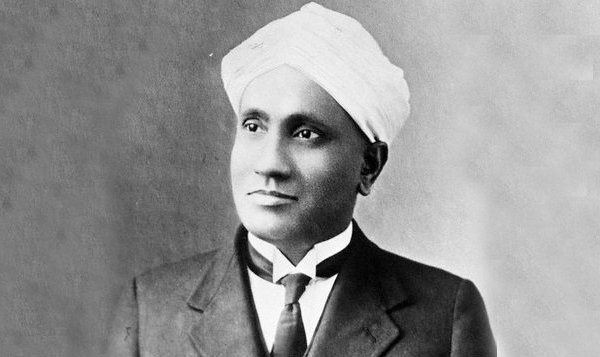
India is celebrating National Science Day on February 28 — like every year for three decades now — and this year, it has a 'special' touch to it. According to official statements, the theme for this year is 'Science and Technology for Specially-Abled Persons.' In essence, this year the thrust is on how to make the lives of the differently-abled better with the use of science and technology.
Also read: Ramanujan birthday: A few things you need to know about the maths genius
What is National Science Day?
According to the National Council of Science Museums (NCSM): "In 1986, the National Council for Science and Technology Communication (NCSTC) asked the government of India to designate February 28 as National Science Day, which the then government accepted and declared the day as National Science Day in 1986. The first National Science Day was celebrated on February 28, 1987."
It is celebrated in honour of CV Raman, who discovered the Raman Effect — for which he was awarded the Nobel Prize in Physics in 1930. The phenomenon — which deals with how photons, or quantum measures of light, scatter when they are excited to a higher level — and its derivations and modifications are used to analyse solids, liquids and gases as well as their components.
What is the theme this year?
National Science Day — abbreviated to NSD in government documents — has a set number of objectives, and since the 1990s has had themes associated with it. The objectives, according to the NCSM website, are:
* To widely spread a message about the significance of scientific applications in the daily life of the people
* To display all the activities, efforts and achievements in the field of science for welfare of human being
* To discuss all the issues and implement new technologies for the development of the science
* To give an opportunity to the scientific minded citizens in the country, and
* To encourage the people as well as popularise the science and technology.
The theme this year is 'Science and Technology for Specially-Abled Persons.' According to an official statement from the Union government's Department of the Science and Technology to the University Grants Commission: "The activities could include an 'Open Day' for the public, science exhibitions, popular science lectures, films and slide shows on scientific topics, bringing out books, special supplements in newspapers and dedicated programmes in the electronic media, seminars and symposia, special meetings and functions, competitions for students of colleges and universities, activities for the families of your scientists and other employees, creative involvement of officers and staff from administrative and finance wings of the institutions etc."


!['Kaise ho bhai..': PM Modi shook hands with Akshay Kumar at a media summit in Delhi [Watch] 'Kaise ho bhai..': PM Modi shook hands with Akshay Kumar at a media summit in Delhi [Watch]](https://data1.ibtimes.co.in/en/full/806317/kaise-ho-bhai-pm-modi-shook-hands-akshay-kumar-media-summit-delhi-watch.jpg?w=220&h=135&l=50&t=40)


!['Kaise ho bhai..': PM Modi shook hands with Akshay Kumar at a media summit in Delhi [Watch]](https://data1.ibtimes.co.in/en/full/806317/kaise-ho-bhai-pm-modi-shook-hands-akshay-kumar-media-summit-delhi-watch.jpg?w=220&h=138)
!['Kaise ho bhai..': PM Modi shook hands with Akshay Kumar at a media summit in Delhi [Watch]](https://data1.ibtimes.co.in/en/full/806317/kaise-ho-bhai-pm-modi-shook-hands-akshay-kumar-media-summit-delhi-watch.jpg?w=220&h=135)


